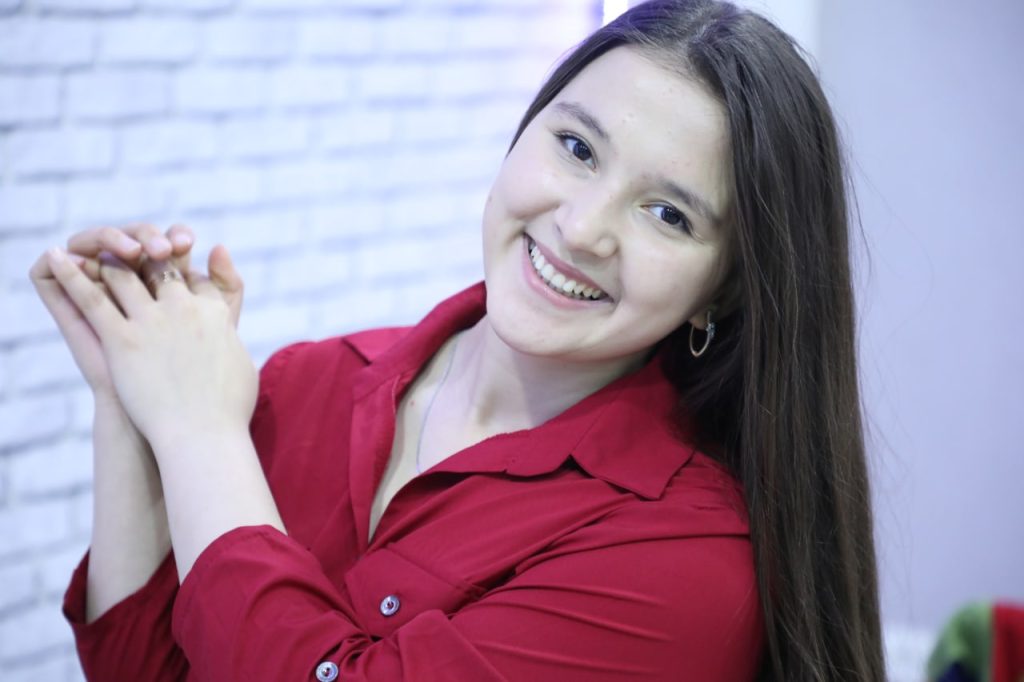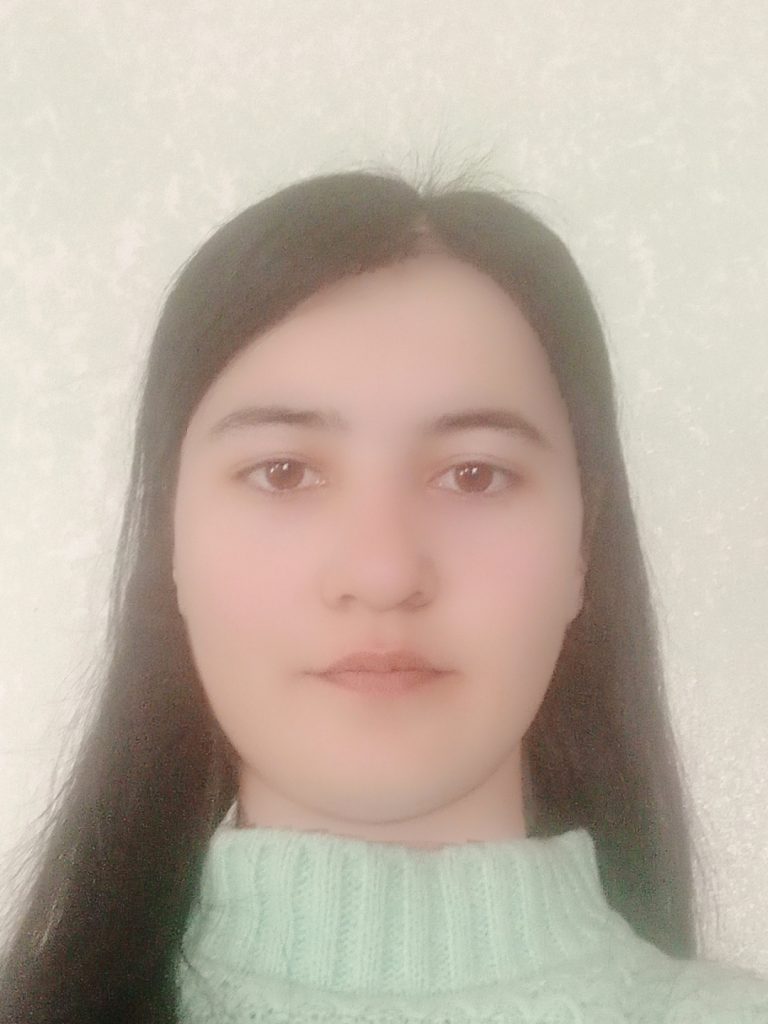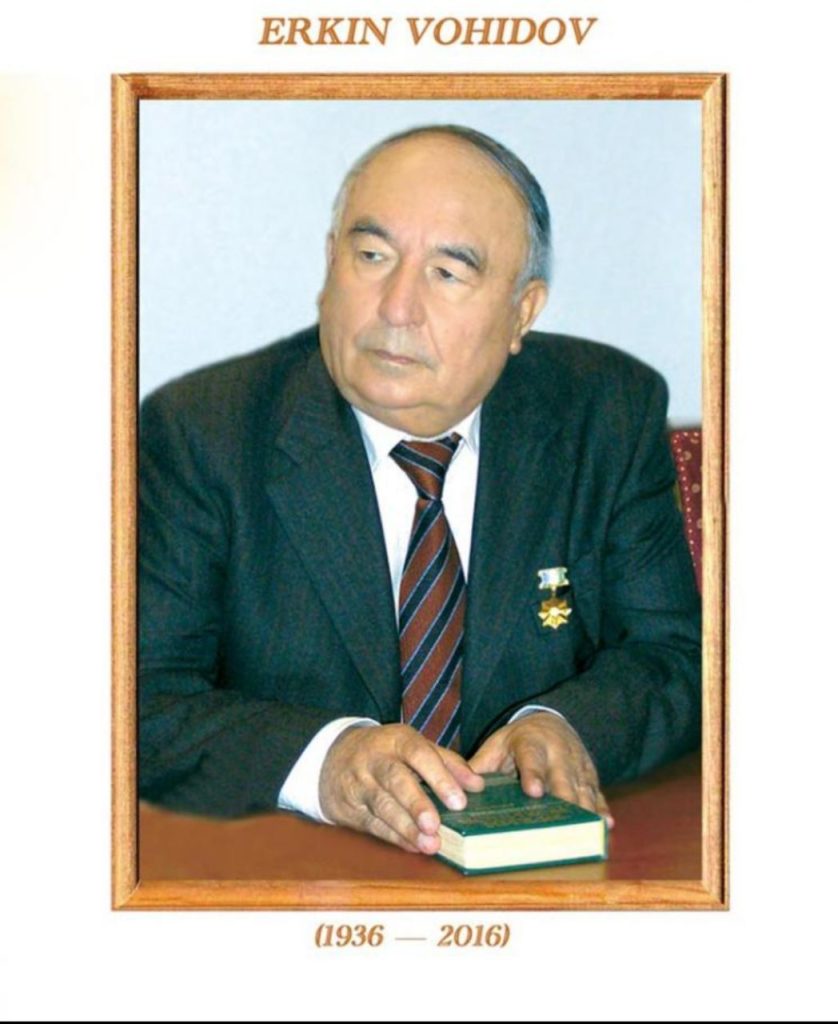***
the bird accidentally dropped the heart and broke it on the rocks
¶
heaven turned inside out and swallowed the rain
~
my mother did not return from work and became a seagull in the eyes of the beholder
±
the house turned into the wind and rushed away with turmoil
.
a lot has changed since the beginning of the last war
…
***
Babies in the sun… A lemon-yellow lake with a dusty children’s bed… By burning the colors drawn in the mind in this way – scary, but at the same time kind, merciful, kind, soft – he brings clouds of darkness into the world.
***
On a piece of unexpected despair
Searching for the source of the pain
Tearing out of the body either the heart or the liver
Be an ataria be an ataria
***
Girl watching from the window
The girl is watching from the eye
Girl watching the window
The window is watching the girl
Parallel lines do intersect
In infinity,
a star rises to the sky ... A round stone vault comes close to her, and the girl understands that before her is not fear, but something else ... She recognizes the night sky, huge, illuminated by stars, the forest, raindrops on the branches and everything that connected to him.
***
girl asks her mother to become a priest
but the priest is a man
girl asks her husband not to go to war
but the war has already come to their house
girl crying
the girl does not ask for anything
the girl has nothing to ask
***
the cat walks along the cemetery of smiles
the mimicry of memory plays the piano of silence
four-legged foyer of the human soul in search of the owner of the hotel of death
what will a cat find in a place where there is nothing
the grave exists for the sake of absence
memory exists in the form of an absence
flowers of dead views grow near the monuments
the trees sway their leaves and drop their leaves down to die
crunch of foliage-bones under the cat's paw
cat childishly playing with a leaf
adult cat plays with someone's soul
the wrong side of the universe in the cemetery
the cat freezes and calms down
the cat falls asleep among the graves
a leaf that has fallen from a tree whispers a request for help to the wind
***
Every morning
I suck my rifle's dick like
Тhere was no war
***
i want oratorio gas
i want to catch the color corpse syntax
I want the tree to get hurt from the leaves of a famous herb
GRASS is glass
GRASS is a house where you are expected
at dawn in the forest we collect the guts of the dead soldiers
at dawn in the forest we collect the rustle of dead leaves
***
i hate things because they can be missing
I hate things because they may not live
red
a black swan swims up and waves its wing branch
blue
white air is transparent and pure
black conscience is empty and transparent
оrange
more than anything in the world I love porn actors and when world-famous directors die
***
The knot on the neck of the rope is compressed
The crunch of bones that cannot be filled with any passion
Someone in a golden gaze mask stands by a silver fire
Someone pours semen on the mint from which we were born
The latex of the night sky puckers at the hips
A casual smile puffs with mystery
The heather rises up like a phallus
The clouds part in front of a couple in love with life
***
stone-ruin instead of houses
houses built of stone became ordinary stones
back to the stones that started it all
be patient and silent like stones
be a stone
soldier sucks blowjob with his gun
time to change and grab shovels
***
she was called narnia
the word was hung with thorns of roses
the word was broken on the air spaces
of people
weighty
rises up the bell without hearing
an eye without a miracle a word without a voice
where are we flying?
she was called narnia
every time I go to the zoo I skip three lines in a poem
once
two
three
to make sure that in front of me is the same lion
that this is the same world in which you want to escape from reality
***
The grains of the hourglass tomb are strained
Glory to you death - a non-existent evil wizard screamed wildly
All wizards are actually kind
But what is it? —
The thorns of the flower on the body left spots
They called on purpose tears
And there is no one to devote tears
Oh if tears were words
Chronicle of wet fingers cancels this course of events
Draw your swords
Evil wizards exist - we will look for them in the forests
In villages and farms
In texts and prayers
In yourself and others
And when we meet birds on the way
Then the birds will shout that it is empty inside and out -
Inside and out, for all these years of wandering and wandering
the wizard died
Mykyta Ryzhykh
Winner of the international competition «Art Against Drugs», bronze medalist of the festival Chestnut House, laureate of the literary competition named after Tyutyunnik. Nominated for Pushcart Prize.
Published in the journals “Dzvin”, “Ring A”, “Polutona”, “Rechport”, “Topos”, “Articulation”, “Formaslov”, “Colon”, “Literature Factory”, “Literary Chernihiv”, Tipton Poetry Journal , Stone Poetry Journal, Divot journal , dyst journal, Superpresent Magazine, Allegro Poetry Magazine, Alternate Route , Better Than Starbucks Poetry & Fiction Journal, Littoral Press , Book of Matches , on the portals “Literary Center” and “Soloneba”, in the “Ukrainian literary newspaper”, Ice Floe Press.





